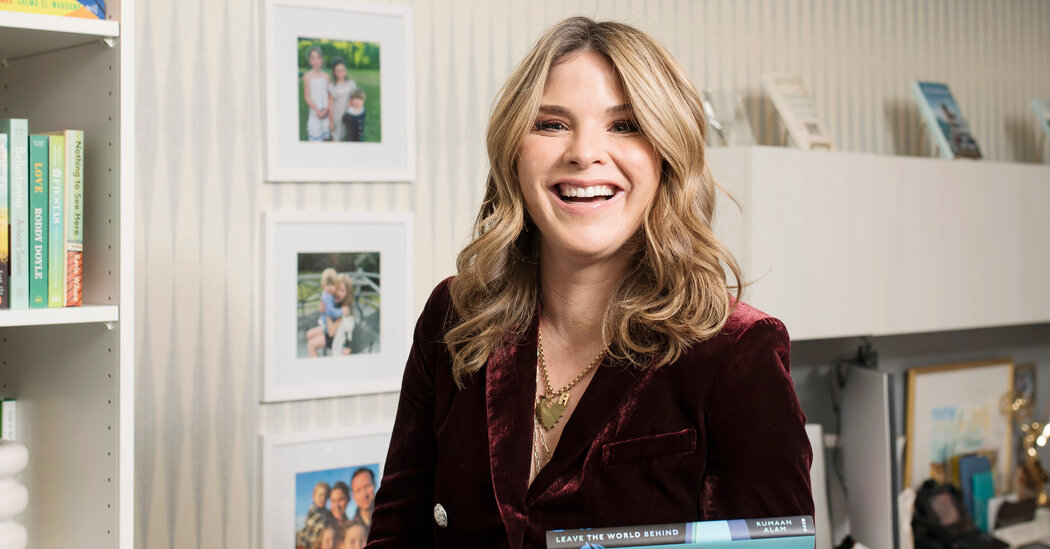In her young adulthood, just as Mr. Bush was seeking and winning the White House, a few other data points helped solidify the stereotype. She was introduced in December 2000 as “George W.’s Wild Daughter” in the National Enquirer, photographed holding a cigarette and happily tripping over a friend as a freshman at the University of Texas at Austin.
She was caught underage drinking twice, the second time with Barbara in tow. (People magazine headline: “Oops! They’ve done it again.”)
Such occasional fame could take a private toll, especially as the heavily analyzed daughter of a president who had described his own struggles with alcohol. Ms Hager has said she has taken large introductory classes to avoid more intimate classrooms where she might have to say her name. She was followed by a Secret Service detail on social outings. She declined stately invitations from European embassies hoping to welcome an executive daughter on her summer trip.
“She said, ‘No, we’re going to have our backpacks, we’re going to get our Eurorail, we’re staying in a hostel,’ said Mia Smail, a close friend who traveled with her. “It was this commitment to normalcy.”
While Ms. Hager took on a sometimes pucky surrogate role in her father’s 2004 reelection bid – punctuated by a convention speech in which she joked that her grandmother, the former first lady, “thinks ‘Sex in the City’ is something married people do but never talk about ‘- her relationship with the press can still be awkward.
In a widely circulated photo that year, she was seen sticking her tongue out at reporters from the back of a Secret Service vehicle. (She has said she was trying to prove to her father that the windows were tinted enough. She was mistaken.) She once broke into a death sprint, mid-jog, after NBC’s David Gregory waved at her from the North Lawn.
At the same time, Mrs. Hager a postgraduate hunger for media ventures on her terms. She had initially worked as a teacher at a Washington charter school for mostly low-income families. But after a UNICEF internship in Latin America, in 2007, with the help of Washington super-lawyer Robert Barnett, she began buying a book about an HIV-stricken Panamanian teenage mother she had met.

